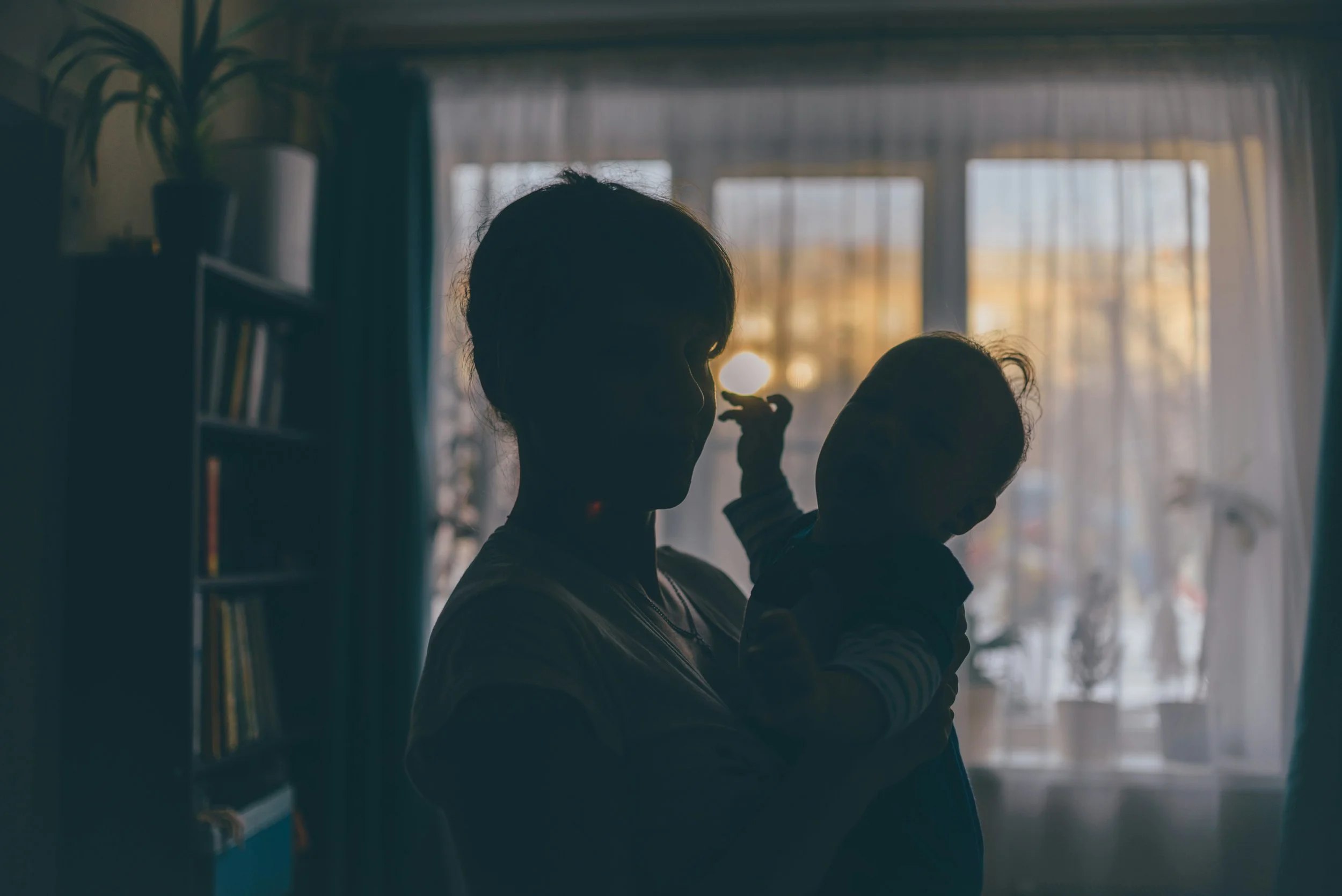Coalition to End Women’s Homelessness welcomes social investment in tamariki, urges action on women’s homelessness to ensure success
Early investment in tamariki matters - and secure homes for their mothers are key
Finance Minister Nicola Willis yesterday announced the launch of a $190 million Social Investment Fund, part of a broader $275 million four-year funding package for the reinstated Social Investment Agency. The fund will be used to support at least 20 initiatives aimed at improving long-term outcomes for vulnerable New Zealanders, with a focus on the first 2000 days of life.
“This funding announcement is an important insight into the strategic direction of the Government’s social investment approach and we are pleased to see support for these critical initiatives that are already creating beneficial outcomes for our tamariki,” says Coalition to End Women’s Homelessness Director, Victoria Crockford.
At the same time, Victoria emphasises that targeted investments must also address the fact that the wellbeing of tamariki is tied strongly to the wellbeing of their mothers, including whether they have a secure home.
The Coalition's 2024 research, Ngā Ara ki te Kāinga: Understanding Barriers and Solutions to Women’s Homelessness in Aotearoa revealed that many women experiencing homelessness have three or more children and a significant proportion are recipients of the sole parent benefit.
“Stable homes are key to improving the wellbeing and future success of tamariki; reinforcing the importance of policies that address women’s housing insecurity as a means to break the cycle of disadvantage,” Victoria says.
The Coalition also welcomes the Government’s $25 million investment to help prevent children and vulnerable adults from entering state care, as part of its response to the Royal Commission of Inquiry into Historical Abuse in State Care.
“The Royal Commission has made it clear that for many women, state care can be a pathway to homelessness. Preventing entry into care is therefore not only a child protection issue, it’s a critical intervention in breaking the cycle of housing insecurity in the future,” Victoria says.
Victoria says the Coalition is looking forward to learning more about how this funding will be implemented and to working alongside their partners to ensure the voices, experiences, and needs of women are embedded in the work.
“Collaboration will be key to ensuring these investments create lasting, transformative change,” she says.
Image of Victoria Crockford available here
Media enquiries: Ellie Campbell | Ellie.Campbell@CEWH.org

